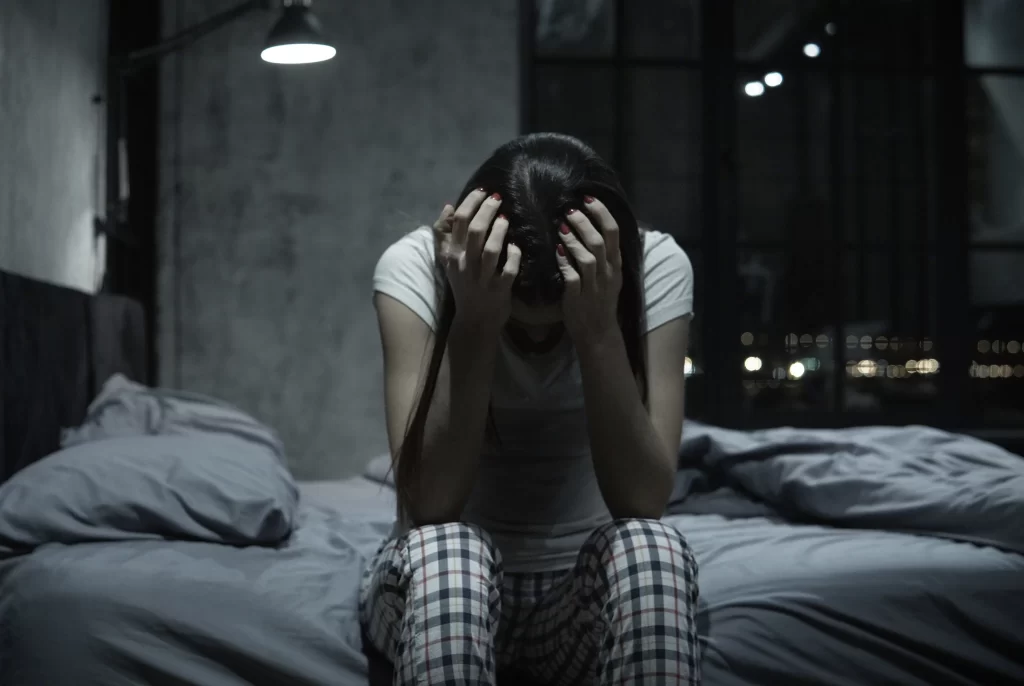What is the cycle of sleep and wakefulness, and why do we desire to sleeping?
The sleep-wake cycle of our bodies determines when our bodies need to sleep and when they need to remain conscious because we sleep for a significant portion of our lives.
Taking everything into account, however, each species has a different cycle of sleeping and wakefulness; Our 24-hour sleep-wake cycle is divided 8:16, indicating that our body should be in a state of sleep for 8 hours
and a state of consciousness for 16 hours.
However, we are aware that beliefs and reality frequently do not agree,
that a variety of factors can influence the sleep-wake cycle proportion
and that at the present time, we are putting a global level of sleeping deprivation.
Our body is able to eliminate side effects from the brain during the evening so that
it can function at its full potential the next day because of our sleeping-wake cycle.
Repairing and repairing cell mileage is one of the many body tasks that can be complete while we are sleeping very quickly.
After a long day, various parts of our body and, surprisingly, our mind need some rest and recuperation. This is important for regaining our true strength and supporting our body’s invulnerable structure.
If your primary care physician determines that you have this problem,
he or she may suggest a variety of medications, including prescriptions.
For instance, this problem is specifically treat with Modalert 200 and Waklert 150, which contain Modafinil and Armodafinil separately.
Work at shifts and how they affect sleep-wake cycles:
Before the invention of power and the sleeping upsweep, we almost had no choice but to sleep in the evening and complete our tasks during the day as soon as the sun rose.
Since the majority of our work and employment took place during daylight hours,
it was simple for nearly all of us to maintain a genuine standard, even in the event of a poor sleeping-wake cycle.
However, we currently have power and a swarm of light-transmitting devices that can assist us in completing tasks at night.
As a result, a number of businesses have resorted to shifting work to keep their operations running round-the-clock.
There are many different types of shifts, with the daytime shift,
which many people work, typically starting at 8 a.m. and ending at 6 p.m.
After that, we have morning, night, evening, and even extremely late shifts:
The majority of shift workers, with the exception of those who work shifts from 8 a.m. to 6 p.m.,
have disturbed or off-sleep wake cycles.
This is due to the fact that daylight plays a crucial role in our sleeping-wake cycle
and our body typically requires eight hours of sleep in the evening when the sun is out.
Many people who work shifts run the risk of developing Movement Work Sleep Issues (SWSD) because they frequently need to sleep during the day to remain alert at night.
People who struggle with shift work sleeping issues frequently report feeling jumbled and worn out during work hours. Additionally, it results in memory loss, reduces mental capabilities, and reduces effectiveness.
Shift Work Sleep Problems are associate with a number of health risks,
including an increased risk of heart disease, body pain, exhaustion, persistent weakness disorder, sleeping deprivation, and unnecessary sluggishness.
How can you control your shift work sleep issue without exposing yourself to health risks?
If you’re worried that your late-night or turning shifts might put you at risk for a Movement Work Sleep Problem (SWSD)
or other health or productivity issues, you should talk to your primary care doctor.
To correct your sleep-wake cycle and combat the negative effects caused by not getting enough sleep at night,
your primary care physician may also suggest a few tips, such as sleeping in a dark room during the day or getting enough sunlight.
It can help you sleeping better during the day if your sleeping area is completely dark and the temperature is low.
Prescriptions like Modvigil 200 and Artvigil are frequently use to alleviate the fatigue that can result from working shifts,
and many people report that they also improve their productivity at work.
Nevertheless, whenever you can, allow nature to carry out its responsibilities for adjusting the distance by getting a good night’s sleep.
Getting a good night’s sleep and maintaining a healthy sleeping-wake cycle can be helped by lying down for normal sleep and avoiding eating too much during the day and at night near your bedtime. Read more
